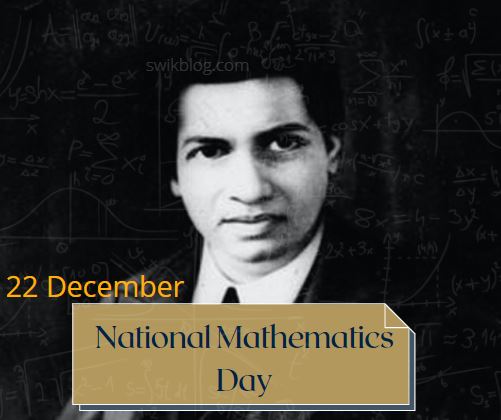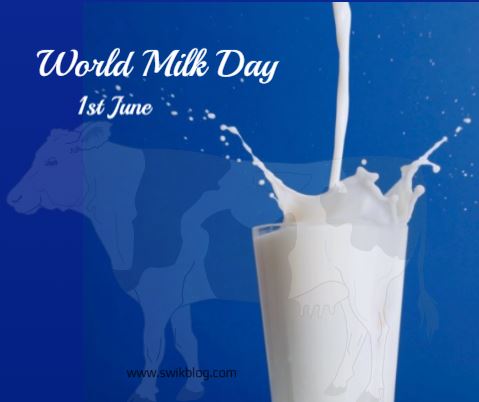Every December 22 is celebrated as National Mathematics day to mark the birth anniversary of great Mathematician Srinivasa Ramanujan. The day was declared was Indian Government, announced by Prime Minister Manmohan Singh at Madras University on 26 February 2012, during the opening ceremony of the 125th anniversary celebration of the birth of Srinivasa Ramanujan, the Indian mathematical genius (22 Dec 1887- 26 Apr 1920).
Ramanujan was born into an Iyengar Brahmin family in Erode, Tamil Nadu (then Madras Presidency) in 1887. Despite having no formal schooling, he had mastered trigonometry at the age of twelve and had independently developed numerous theorems. After finishing secondary school in 1904, Ramanujan became eligible for a scholarship to study at the Government Arts College, Kumbakonam, but he was not able to secure the same because of his poor performance in other subjects.
Srinivasa Ramanujan, the legendary mathematician, made outstanding contributions to mathematical analysis, number theory, infinite series, and constant fractions.
Goal of National Mathematics Day
The main objective to celebrating National Mathematics Day is to provide students with a platform for natural curiosity, promote interest in mathematics among students, build the tradition and skills for using mathematics to explain the universe, eradicate mathematical phobia from the minds of students, and strengthen mathematics teachers’ teaching methodology in schools.
Some Major Contributions and Achievements of Srinivasa Ramanujan
- Made a world record of fastest algorithm for the CALCULATION OF PI on its own.
- He developed his own theory of divergent series, the Riemann series and the elliptical integrals, the hypergeometric series, the functional zeta functional equations.
- 1729 Is Named Hardy–Ramanujan Number, he expressed this number in two different ways “as the sum of two cubes of the smallest numbers in two different ways : 1729 = 13 + 123= 93 + 103.
- Further advances were made by Ramanujan, particularly in the division of numbers (the number of ways a positive integer can be expressed as the sum of positive integers).
Swikriti Dandotia












